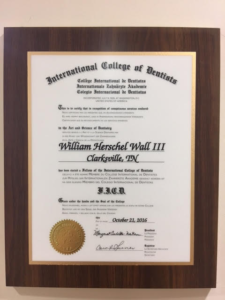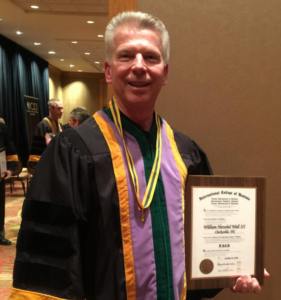Richview Family Dentistry wants to give you some information that might alleviate some of the stress.
Dental anxiety and phobia are extremely common. It has been estimated that 9% to 15% of Americans avoid seeing the dentist because of anxiety and fear. That’s about 30 million to 40 million people.
Fear of pain is the main reason people avoid seeing the dentist. The good news is that there is a wide array of medications and techniques — used alone or in combination — that can reduce or eliminate pain and control anxiety during most procedures.
- Topical anesthetics. Topical anesthetics, applied with a swab, are routinely used to numb the area in the mouth or gums where the dental work will be done. The topical anesthetic is given prior to injection with a local anesthetic, such as Lidocaine.
- Nitrous oxide (also called laughing gas). This gas, which is inhaled by the patient through a rubber face mask, helps people feel relaxed and is one of the most common forms of sedation used in the dental office.
- General anesthesia. With this technique, the patient is “put to sleep” for the duration of the procedure. Patients requiring general anesthesia can be treated in the dentist’s office, but more likely are treated in a hospital setting.
Here’s what you can expect during most trips to the dentist:
- A Thorough Cleaning – a dental hygienist will scrape along and below the gum line to remove built-up plaque and tartar that can cause gum disease, cavities, bad breath and other problems. Then he or she will polish and floss your teeth.
- A Full Dental Examination – your dentist will perform a thorough examination of your teeth, gums and mouth, looking for signs of disease or other problems.
- X-Rays – X-rays can diagnose problems otherwise unnoticed, such as damage to jawbones, impacted teeth, abscesses, cysts or tumors, and decay between the teeth.
Besides dentists, there are other specialists that you might need for your complete oral care. They include:
Periodontists
In addition to the care of the teeth, there is an entire specialty that cares for all the structures that surround the teeth. Periodontists study and treat conditions that affect the stability of the teeth, such as bone levels, gum tissue, and the ligaments that hold the teeth in place in the bone. These specialists are also called upon to place dental implants with certification.
Endodontists
Endodontics is the field that studies the blood and nerve supply that lives inside the roots of the teeth. This tissue, called the dental pulp, sometimes needs special treatments to eliminate infections or repair injuries. The most common procedure that endodontists perform is root canals.
Orthodontists
Orthodontists are specialists who work to align the jaw and straighten the teeth to improve the function and longevity of a patient’s dentition. Orthodontists aid in guided growth of the face and jaw through various orthopedic devices, such as braces, retainers, aligners and headgear. Seeing an orthodontist for one to three years is common in order to get a beautiful smile with straight teeth.
Taking care of your teeth means more than brushing and flossing. For complete care, it’s important to visit a dentist every six months for a regular checkup and professional cleaning. Schedule an appointment with Richview Family Dentistry and let us show you how we can alleviate your anxiety. Call us at (931) 647.2243 or email us at info@RichviewFamilyDentistry.com
Sources:
https://www.webmd.com/oral-health/controlling-dental-pain#1
https://www.colgate.com/en-us/oral-health/basics/dental-visits/what-is-dental-anxiety-and-phobia



